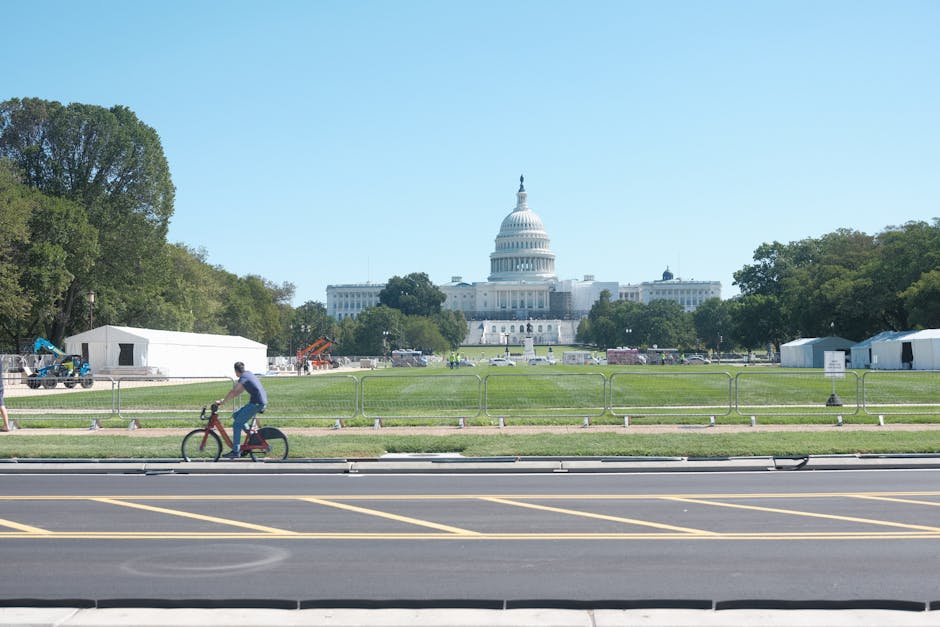Governments, by their very nature, are agents of influence. They shape economic landscapes, regulate societal interactions, and strive to ensure a measure of order and well-being within their jurisdictions. However, the reach of governmental intervention is not boundless. A critical examination of political and societal realities reveals inherent constraints on the scope of state action, limitations that reflect fundamental principles, practical considerations, and the evolving nature of the world. Understanding these limits is crucial for fostering healthy, balanced societies and effective governance.
A cornerstone of understanding governmental limitations rests upon philosophical underpinnings. Classical liberal thought, for example, emphasizes individual rights and freedoms, often advocating for limited government intervention. This viewpoint stresses that individuals possess inherent rights that the state cannot infringe upon. Property rights, freedom of speech, and religious liberty are frequently highlighted as fundamental values that necessitate restraint on governmental power. Furthering this concept, proponents of libertarianism argue for minimal government involvement across the spectrum of social and economic life. They contend that individuals, through voluntary actions and interactions, can better address their own needs than any governing entity, often presenting the free market as the optimal system for resource allocation.
These ideals, however, must be balanced against the practical realities of governing complex societies. The concept of the “necessary evil” often arises in this context. The argument suggests that, while an ideal state might operate with minimal intervention, a degree of government action is unavoidable to address fundamental societal needs and maintain order. Examples like the provision of public safety through law enforcement, maintaining infrastructure, and mitigating environmental hazards highlight the necessity for state involvement, often exceeding the idealized framework of minimal intervention. Furthermore, the spectrum of acceptable intervention frequently depends on cultural and historical contexts. What one society deems permissible intervention another may view as excessive or inappropriate.
Economic considerations frequently define limits of governmental influence. Intervention in the free market, such as through price controls or subsidies, can create unintended consequences like shortages, surpluses, or distortions in resource allocation. Government policies can unintentionally stifle innovation, discourage entrepreneurship, and create economic inefficiencies. The complex interdependencies within economies necessitate a degree of caution when intervening, particularly in markets that rely on innovation and adaptability. Excessive regulation can hinder the very dynamism that drives economic growth. Considerations about market failures, externalities, and public goods often shape the extent to which governments should step in.
Beyond the economic sphere, social and cultural norms often place inherent restrictions on government action. Attempting to enforce policies that clash significantly with deeply held societal values will often lead to resistance, political instability, and ultimately, reduced effectiveness of the government’s efforts. For instance, governments attempting to regulate personal morality such as through laws about marriage or lifestyle choices may encounter strong opposition. These limitations are crucial to consider in formulating effective policies.
Additionally, institutional constraints play a significant role in defining the limits of government intervention. The division of power, for example, either through separation of powers or federal systems, often creates checks and balances that prevent any one branch of government from accumulating excessive authority. These structural limitations are vital in preventing potential abuse or tyranny. Political institutions, including bureaucratic structures, legislative processes, and judicial oversight, also limit the scope of government intervention through their inherent processes and limitations in time and resources.
The globalized world further complicates the issue of governmental limits. International agreements, treaties, and organizations can influence the capacity and mandate of governments. Transnational issues like climate change, economic crises, or pandemics demand coordinated action across borders, often exceeding the ability of any one nation-state to act unilaterally. The need for international cooperation also means that national sovereignty might sometimes need to be balanced against the requirements of a globalized world.
In conclusion, identifying the boundaries of government intervention is an ongoing and complex challenge. Philosophical underpinnings, practical considerations, economic realities, cultural norms, institutional frameworks, and the dynamic nature of the global environment all play a role in shaping the extent to which governments can and should intervene. Effective governance demands a sophisticated understanding of these limits, ensuring that interventions are both necessary and proportionate, while respecting fundamental rights, fostering economic growth, and upholding social harmony. Understanding these limitations is pivotal for creating societies where individual liberties and collective well-being are not mutually exclusive goals, but rather, complementary objectives.












